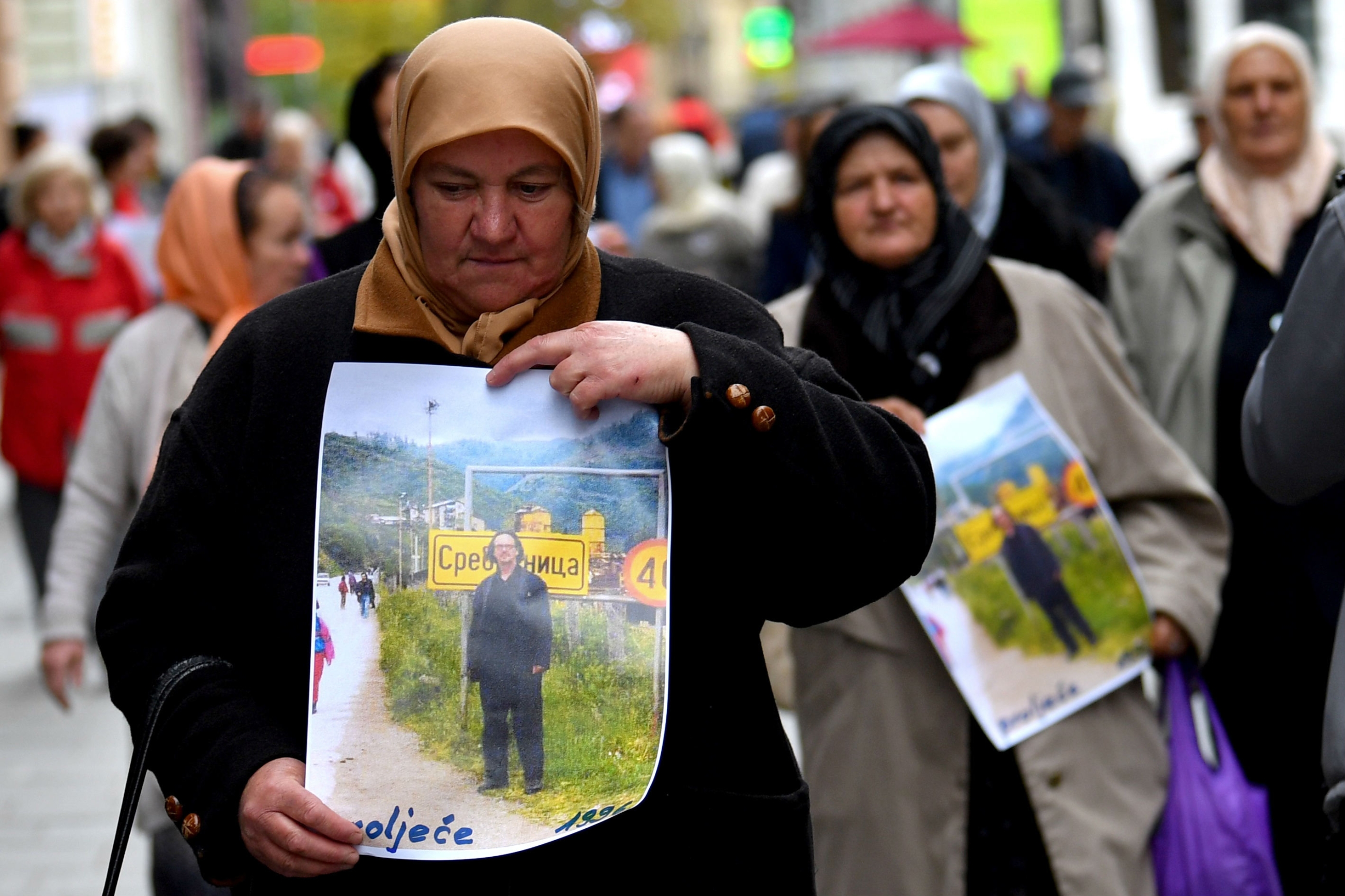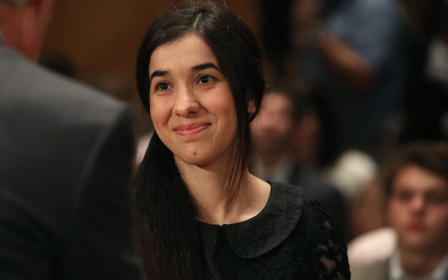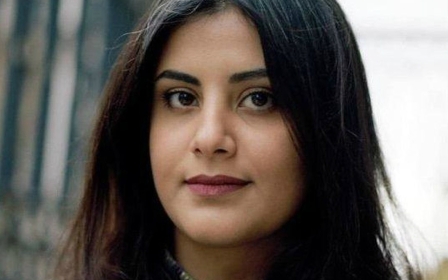Fiery Turkish criticism against Austrian novelist overshadows Nobel ceremony

A flurry of condemnation by senior Turkish officials and Balkan countries overshadowed the Nobel Prize in Literature award ceremony on Tuesday over the winner's controversial stance on the Bosnian genocide.
Turkey, Albania, Croatia and Kosovo declared this week that they would boycott the award ceremony due to Austrian novelist Peter Handke’s close relationship with Slobodan Milosevic, the late Serbian president who presided over wars and massacres in the conflicts that accompanied the partition of Yugoslavia.
Handke has denied that a genocide was carried out by Serbian forces at Srebrenica in 1995, when more than 8,000 Bosniaks were killed, despite the United Nations recognising it as such.
“Presenting the Nobel Prize in Literature to a racist person is actually a reward to human rights violations,” Turkish President Recep Tayyip Erdogan said on Tuesday.
“This has revealed what the Nobel really is. The Nobel is a totally ideological and political institution. It doesn’t have any value to me," he added.
Stay informed with MEE's newsletters
Sign up to get the latest alerts, insights and analysis, starting with Turkey Unpacked
'Presenting the Nobel Prize in Literature to a racist person is actually a reward to human rights violations'
- Recep Tayyip Erdogan
"If they present me the prize, I would turn it down. Awarding this prize to a murderer means uniting with oppression.”
The 77-year-old writer in a press conference last week refused to talk about his stance on the Bosnian genocide.
“I prefer toilet paper, an anonymous letter with toilet paper inside, to your empty and ignorant questions,” he told a journalist enquiring about the author's opinions on the matter.
One Nobel committee member has already resigned over the controversy and several demonstrations are expected on Tuesday in Stockholm, where Handke will receive his prize from Sweden's King Carl XVI Gustaf at a formal ceremony.
Meanwhile, Aziz Sancar, the Turkish 2015 Nobel Laureate in Chemistry, reacted to Handke's award by telling a Turkish newspaper that he hung a picture of Bosnian coffins in the entrance of his office to remind himself of the genocide.
"I have read in the western press that Serbians described Bosnians as Turks and they believed that they were killing Turks during the genocide. I still carry on with this agony," he said.
Since the partition of Yugoslavia in the 1990s, Turkey and Bosnia have had close relations.
Ankara participated in the Nato intervention against Serbian forces during the Yugoslav war, and an estimated two million Turkish citizens are thought to have Bosnian backgrounds.
Though Turkey ferociously attacks suggestions that Bosnians were not victims of genocide, it faces widespread criticism for its own refusal to label the mass killings of Armenians in the early 20th century with the same category.
The US Senate is currently contemplating a bill that would recognise the Armenian Genocide, though Donald Trump's administration has been blocking the legislation since October in an attempt to placate Ankara.
Middle East Eye delivers independent and unrivalled coverage and analysis of the Middle East, North Africa and beyond. To learn more about republishing this content and the associated fees, please fill out this form. More about MEE can be found here.





